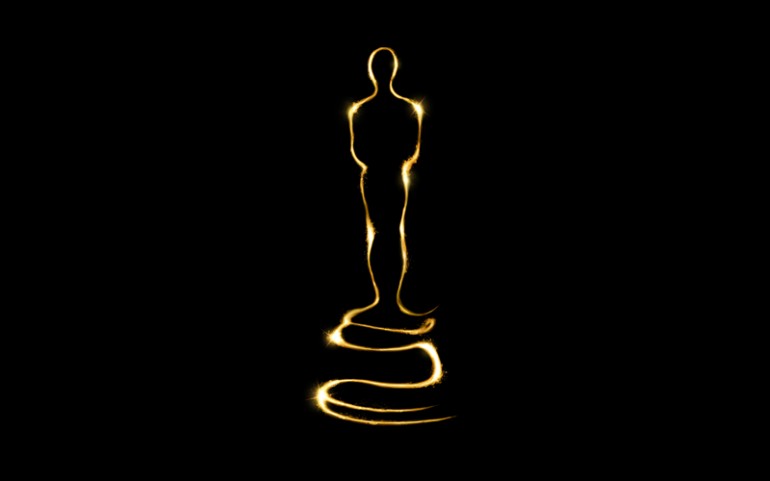The Worth of The Oscars

Whether you love them or hate them, the Oscars are an important signifier of trending social acceptance within the upper echelon of the ever growing ubiquitous film industry. The dissonance of favoritism between Academy voters and common theater goers between nominations, winners, and politics behind the scenes of deciding such may be a cause for many a cynic to blow off the entire concept as an industry patting itself on the back under the pretense of the artistic elitism lording itself over the common man. But it’s worth acknowledging the impact and worth that the Academy of Motion Picture Arts and Sciences can and does have on public perception.
A board of thousands, directly involved in the film industry, composes the Academy’s membership makeup and their acclaimed films and box office successes are often the ones being lauded most heavily domestically, receiving push from the industry’s biggest financial backers who are often shy about making capital investments within something that may challenge the thinking of the very society that they make their money from.
With that in mind, the most critical observation that can be made regarding the cultural shifts of the moviegoing public can be best summarized by what does and doesn’t make their cut compared to reactions held by the public at large.
In 2016, the Academy received a substantial backlash at their evaluation of cinema in 2015 for including very few people of color in the nomination list. Most egregiously, none received any sort of acting nominations despite acclaimed examples — “Beast of No Nations” and “Straight Outta Compton” for example — being present and snubbed in favor of movies receiving far less praise, like “The Judge.”
While some of this can be transparently attributed to the Academy’s close ties to theater chains, which have an active interest in keeping business away from competing streaming services, I’d dare say that the nominees for 2018 show just how far things can come within a span of two years.
The stereotype of the Academy trending towards the same sort of dry drama may not necessarily be fully defined, but the overall makeup of the nominations this year would seem to hint at a paradigm shift towards a higher acceptance of subject matter outside of their traditional wheelhouse, not only from a cultural standpoint but from pop culture as well.
The major nominations received by “Get Out” and “Mudbound,” including Best Actor, Best Supporting Actress, both Screenplay categories and Best Picture reveal not only an openness to further accepting Black people as an equal presence within storytelling but a willingness to listen to their cultural narrative and reveal bold and fresh new stories that may not have been found otherwise.
Going beyond the sociological, bold trends are even being set purely within the landscape of storytelling.
“The Shape of Water” has received the most nominations of the year, with a shot at Best Picture, something not seen by an unapologetic fantasy-genre film since the surprise win of “Lord of the Rings: Return of the King” roughly 14 years ago, whereas the deeper ingraining of the superhero genre in modern culture has reached new heights with “Logan,” an X-Men spinoff and farewell to the titular character portrayed by Hugh Jackman for 17 years, becoming the first superhero movie to receive a nomination for “Best Adapted Screenplay.”
The attention of major industry heads should not in-and-of-itself be sought as validation for a culture or demographic’s practices, opinions, or very existence. Whatever one is, does, or believes is a personal choice that should never be belittled on the grounds of what a culture views as normal, so long as that identity is legal and not harmful.
At the end of the day however, business will always ebb toward the side of profitability, itself a sign of some degree of social acceptance. And while the Oscars should never be viewed for validating beliefs, it is nevertheless an observable construct of evidence regarding what people with money are willing to openly invest in and thusly what can potentially sway our own culture.
Time will tell how long it takes for such views to take hold, if they do in the immediate future, but for all of the Academy’s faults that alienate them from the general public, the roster of nominations for the ceremony of 2018 could be a slightly inspiring view of what’s to come in the entertainment industry if nothing else.
Graduating from Texas A&M University—Commerce with a bachelor's degree in News and Editorial Journalism, Jordan Wright has lived most of his adult life professionally critiquing films, from major blockbusters to indie dramas, and has no intentions of stopping.








